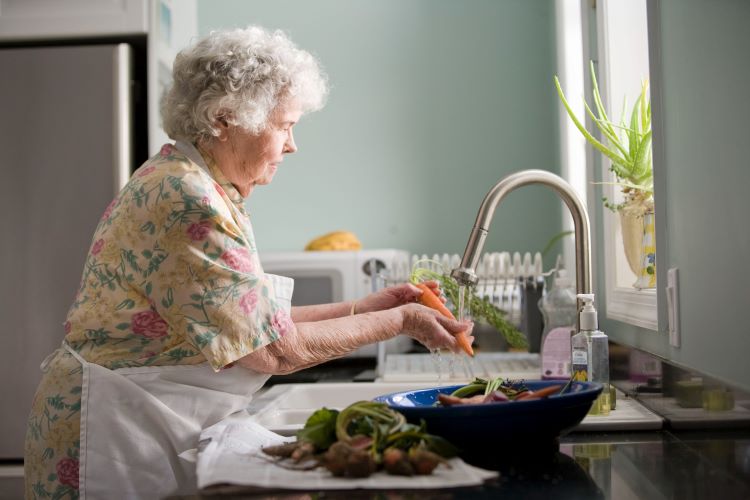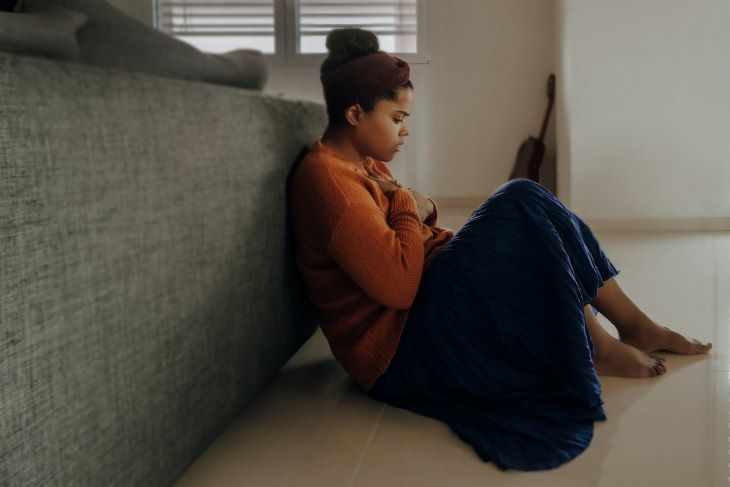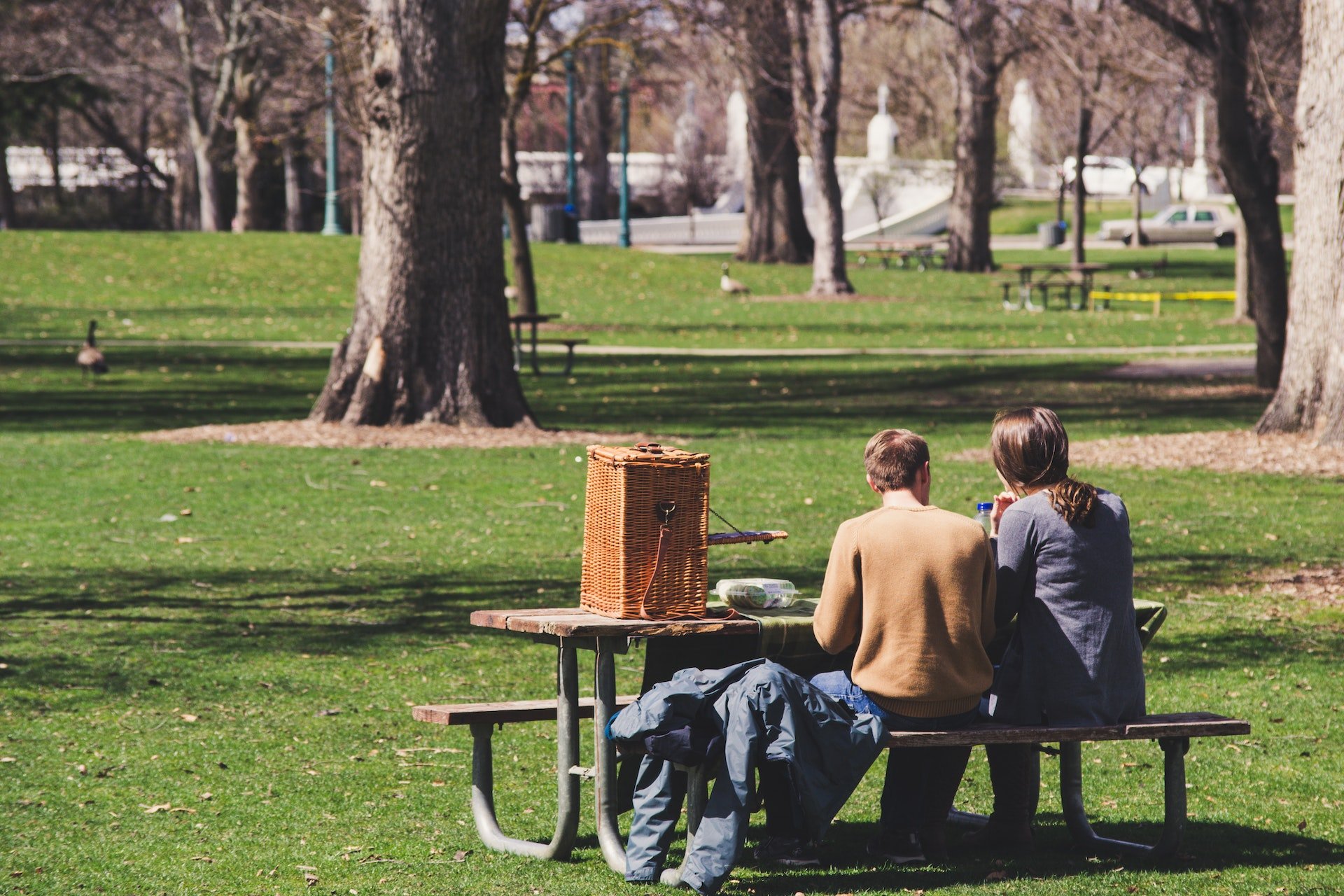Drug & Alcohol Rehab in Caterham
When someone in your family has an addiction it creates worry, stress, frustration, and anger.
The extremities of emotions can cause tension and place a huge strain on relationships. In some cases families fall apart.
It’s commonly considered in the area of addiction, that this illness is one that grips the entire family.
The dynamics of the family will be completely changed by these addictive behaviours.
A divide can occur between those who are worried and try to help the person, and those who get fed up and give up.
There is no right or wrong way of handling this situation, although there are things that can help make it more tolerable.
For instance, there needs to be a lot of boundaries in place when interacting with the person who has the addiction.
This prevents the formulation of an enabling or co-dependent relationship.
Open communication is key. It’s also helpful to understand what treatment provision there is in Caterham as this can support a person at any stage of their drug and alcohol journey.
How do you recognise an addiction in someone you care about?

It’s likely that if you’re wondering whether someone you care about has a drug or alcohol problem, there have been tell-tale signs for a while.
Addiction tends to be a progressive disease which worsens with time. At the start of the substance use, the person you care for might have used in an innocent way, experimentally.
However, as addiction seeps in, behaviours begin to change and the lifestyle of the person alters.
There is usually a period of time, though, where the person with the addiction is in denial or can become secretive. This can make it harder to recognise the issue.
When you speak to our team, you’ll have the option to begin a no-obligation consultation.
To find out what kind of rehab options are available to you locally, contact OK Rehab on 0800 326 5559.

Here are some signs you can look out for to help you identify an addiction:
- Mood swings, including upset, anger, anxiety, and irritability
- Sleep disturbances, such as insomnia or sleeping at unusual times
- Loss of motivation to do regular tasks
- Lack of drive to go to school, college, or work and increasingly taking time off
- Avoiding social events and gatherings
- Money problems without anything to show for spent money
- Spending time with new acquaintances
- Change in appearance such as weight loss, looking pale or yellowish, and looking gaunt
- Increased colds and general unwellness
How do you approach someone who has an addiction?

It can be really difficult to know how to address the elephant in the room. This is especially more challenging where the person might be trying to hide it or is in denial.
If you’re in this situation, it’s helpful to speak with your local GP or the OK Rehab team for ideas on how to approach this.
It is, however, always important to speak openly, honestly, and directly.
It’s best to have conversations when the person isn’t under the influence and when everything is calm.
When you speak, try to talk from a peaceful space. Emotions run high and reacting from an emotional feeling can create more problems.
Understandably, it’s a very tricky situation to navigate. As a person who loves someone with this illness, you’ll also be experiencing a range of emotions.
There are local 12 step groups that support people connected to those with addictions too. It’s important to take care of yourself while supporting someone you love in this situation.
When you speak to our team, you’ll have the option to begin a no-obligation consultation.
To find out what kind of rehab options are available to you locally, contact OK Rehab on 0800 326 5559.
What treatment options are there for the person I care for?

In the Caterham area, there are many rehabilitation options for those who have addictions.
Some people might prefer to be treated in an area away from their usual haunts. Either option is available.
This can be discussed with the OK Rehab team. We support people throughout the UK to access the best rehab options in the country.
There are both government funded services and private clinics. The first option is usually available, but tends to be very stretched in the treatments offered and the availability of staff support.
Private clinics offer some of the best rehabilitation options. OK Rehab can advise you of the best in the Caterham area.
Detox treatment

When people first enter rehab, they need to cleanse. The body will have been under a lot of stress from processing all the substances and toxins. These need to be eliminated.
A detox lasts anywhere between three to ten days. This will depend on the substance and severity of addiction.
Where people experience physical withdrawal symptoms, the on-site doctor will prescribe medication to manage them.
Residents at a rehab are also supported through detox with a nutritious diet and emotional support.
When you speak to our team, you’ll have the option to begin a no-obligation consultation.
To find out what kind of rehab options are available to you locally, contact OK Rehab on 0800 326 5559.
The therapies to treat addiction

There are various types of therapies and they fall into the psychological or alternative. At private clinics, a range of both types are available.
On entering rehab, a psychiatric assessment takes place in order for professionals to understand what therapies are required for the individual.
Psychological therapies include cognitive behavioural therapy, dialectical behavioural therapy, and motivational interviewing.
The therapists guide patients through a journey of self-reflection and understanding.
The goal is to unravel what has created the addiction and what happens next in order for the person to overcome it.
Alternative therapies offer a relaxed and fun approach to healing. These include art and music therapy, yoga, equine therapy, and mindfulness.
When residents take part in these activities, they are encouraged to explore the inner peace and calm within themselves.
When will my loved one become sober?

This question is impossible to answer as it’s so individual. However, a stay at a rehab clinic will support your loved one to become sober.
This means up to eight weeks without drugs and alcohol.
Rehab clinics provide an aftercare plan which covers twelve months of support upon leaving the residency.
It’s incredibly important that the person follows the plan in order to remain sober.
The plan will usually include access to outpatient services and what lifestyle changes to make.
Local 12 step groups become increasingly helpful at this point.
When you speak to our team, you’ll have the option to begin a no-obligation consultation.
To find out what kind of rehab options are available to you locally, contact OK Rehab on 0800 326 5559.





